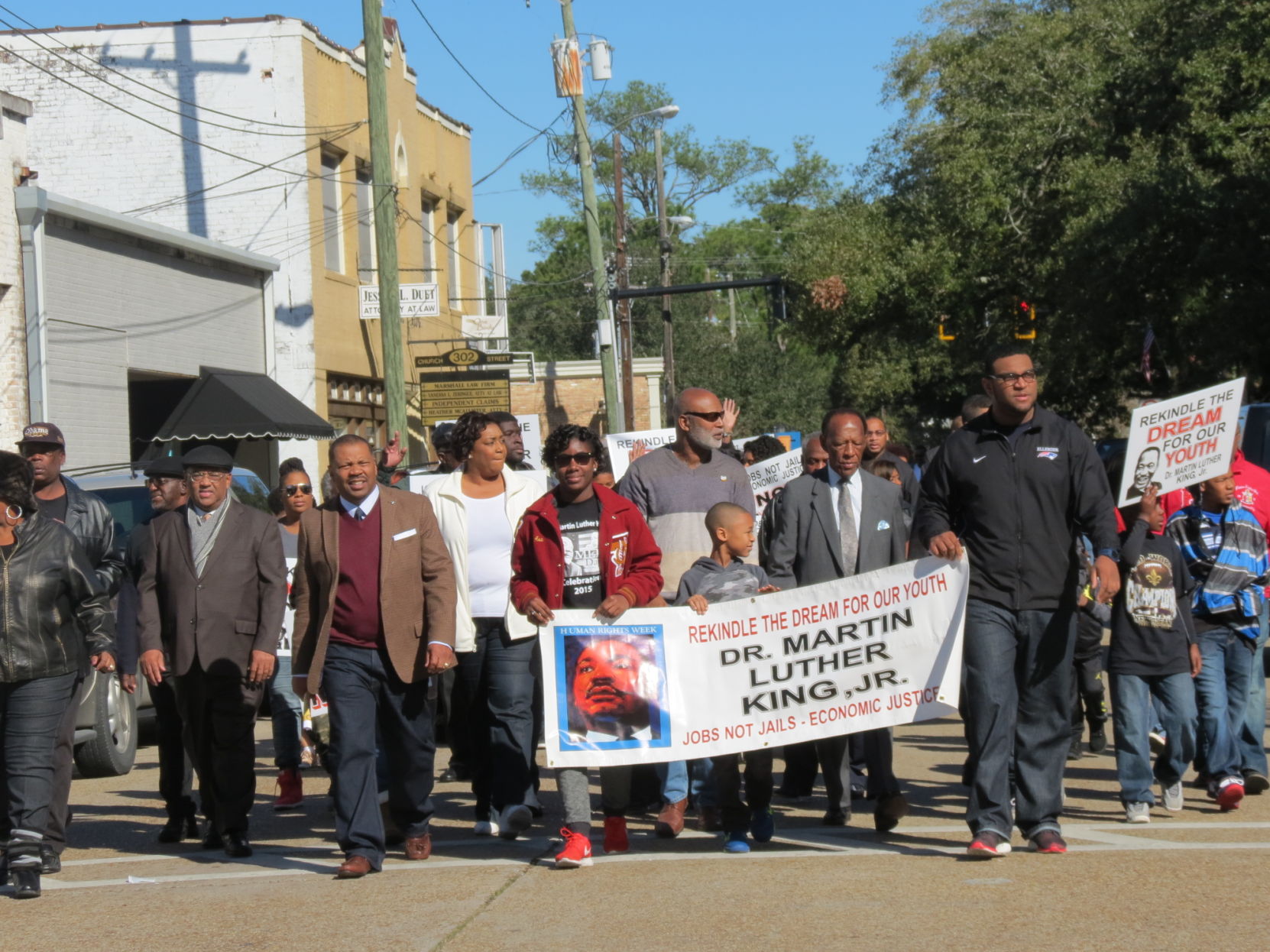BP fine could be $13.7 billion
January 16, 2015
MLK Day marks local advances
January 20, 2015The United States Supreme Court has chosen to hear four cases before the end of this term, specifically taking up two key questions related to recognition by states of same-sex marriage.
The justices announced Friday that they will hear cases from Tennessee, Michigan, Kentucky and Ohio consolidated as one. The U.S. 6th Circuit Court of Appeal had upheld bans on same-sex marriage Nov. 6, in cases arising out of those states.
The case will be limited to two questions, the court’s orders state.
“Does the 14th Amendment require a state to license a marriage between two people of the same sex?” the order says, adding the second question “does the 14th Amendment require a state to recognize a marriage between two people of the same sex when their marriage was lawfully licensed and performed out-of-state?”
The court will allow 90 minutes for oral arguments on the first question, and an hour for argument on the second.
The final deadline for filing of all briefs from both sides is April 17.
“We are very excited,” said Derek Penton-Robicheaux, who was married to Jon Penton-Robicheaux of Bourg in Iowa; the couple, who live in New Orleans, had their own case seeking recognition of their marriage by Louisiana heard last week by the U.S. 5th Circuit Court of Appeals. “The sooner the better. There are so many people’s lives in limbo so the sooner the better.”
Charles Gaiennie, a Houma public relations specialist who has been outspoken in his support of Louisiana’s current law, which defines marriage as strictly between one man and one woman, said he is looking forward to the question being settled. But he questions the ability or propriety of the federal courts looking into the issue at all.
“I am not confident in the federal judiciary’s ability to do it properly,” Gaiennie said. “I would love to see it decided but I have a great deal of suspicion about the ability of the court to handle it as well as the will of the people could.”
The Penton-Robicheaux case was brought before the 5th Circuit along with those of Courtney and Nadine Blanchard of Raceland, who were also married in Iowa and seeking recognition.
Robert Welles and Garth Beauregard of New Orleans, who were denied a marriage license in Orleans Parish, also had their case heard before the 5th Circuit, consolidated with the Blanchard and Penton-Robicheaux cases.
That New Orleans-based court also heard cases from Mississippi and Texas. The Louisiana cases were appealed from a lower court decision that upheld Louisiana’s definition of marriage, one of the few federal decisions to reach such a conclusion.
The 6th Circuit, whose cases the Supreme Court has agreed to hear, is the only federal appeals court to uphold bans on same-sex marriage.
The question of whether the question of same-sex marriage should be left for the voters in states to decide was a key question in that ruling. The arguments in the cases chosen centered on a 1972 decision by the Supreme Court arising from a Minnesota case, Baker v. Nelson. The Supreme Court justices at that time said the denial of marriage to a gay couple did not raise a substantial federal question, and so the case was refused.
That means that technically, federal case law is governed by Baker.
Scott Spivey, the New Orleans attorney representing Welles and Beauregard, said Friday that the Supreme Court’s willingness to take up the question at all means they have over-ruled the decision they made at that time. In order for them to hear argument, Spivey said, the justices are ruling against their prior decision, essentially stating that the issue of marriage equality for gay people is now a substantial federal question.
“Justices Ginsburg and Thomas gave indications that they weren’t going to take up any cases unless there was a conflict among the circuits,” Spivey said.
The decision to hear two separate arguments, one on the issue of whether states must issue marriage licenses and the other on whether they must recognizes out-of-state marriages of same-sex couples is significant, Spivey said.
During last week’s 5th Circuit hearings Judge James Graves had asked attorneys whether those two questions could be decided in different ways and still be legally consistent.
“That would be a classic case of Solomon splitting the baby,” Spivey said.
Attorneys for same-sex couples at that hearing said the questions must be answered in an identical manner for there to be legal consistency.
Evan Wolfson, president of the New York based organization Freedom to Marry, which supports same-sex marriage, said the Supreme Court’s decision to hear the cases “begins what we hope will be the last chapter in our campaign to win marriage nationwide – and it’s time.”
“Freedom to Marry’s national strategy has been to build a critical mass of marriage states and critical mass of support for ending marriage discrimination, and after a long journey and much debate, America is ready for the freedom to marry,” Wolfson said. “But couples are still discriminated against in 14 states, and the patchwork of discrimination harms families and businesses throughout the country.”








